
Rapid growth can rapidly lead to skeletal abnormalities. Here's how a careful look at a pup's nutrition can help.
Ed Kane, PhD, is a researcher and consultant in animal nutrition. He is an author and editor on nutrition, physiology and veterinary medicine with a background in horses, pets and livestock. Kane is based in Seattle.

Rapid growth can rapidly lead to skeletal abnormalities. Here's how a careful look at a pup's nutrition can help.
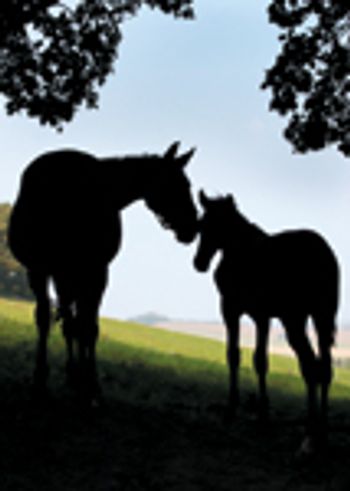
A recent increase in nocardioform placentitis serves as a good reminder for veterinarians to review the best ways to catch this infection early and how to treat it.
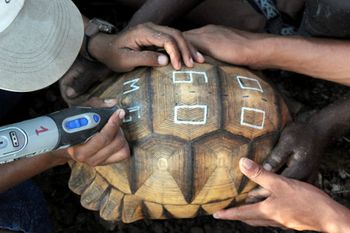
Veterinarians, conservationists seek to protect world's most endangered species from extinction.
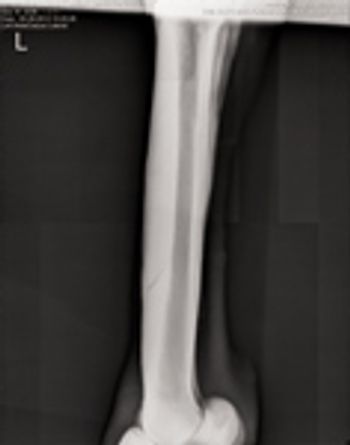
Although fairly prevalent in 2-year-olds, this common inflammatory condition of the cannon bone can affect any Thoroughbred racehorse in training and lead to more serious injury further on in a horse's career.
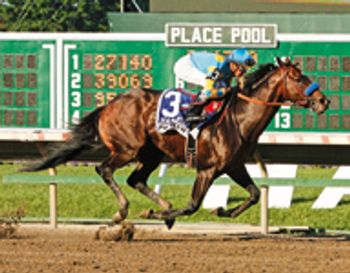
Good news for the winning racehorse that underwent a celiotomy in October.
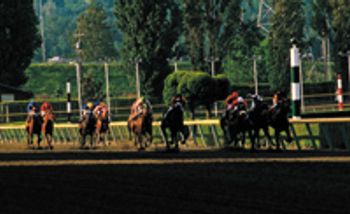
Updated regulations adopted after spike in equine fatalities at Aqueduct Winter Meet in 2011-2012.
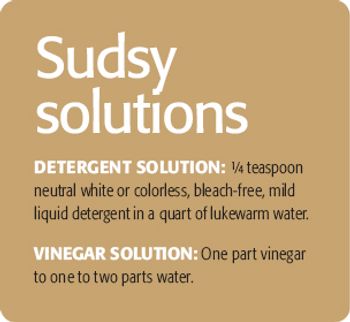
Help pet owners kick pet stains-before they boot their kitties and puppies to the curb. Offer effective solutions to keep pet owners' homes looking-and smelling-clean to preserve their relationships with their furry friends.
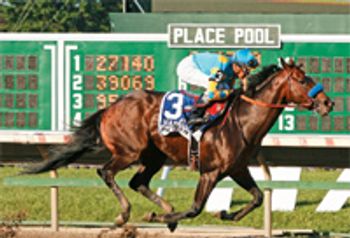
Veterinary strategies on fighting this all-too-common and life-threatening condition in horses.
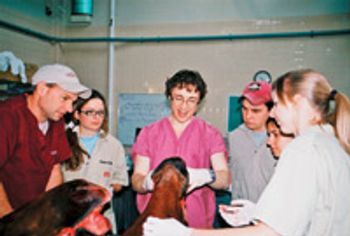
AAEP-funded courses on dental and foot care expose veterinary students to practical applications.

Details behind racehorse controversy exposed.

Committee investigates whether a national set of standards for performance-enhancing medications is a possible solution.

In June, The Jockey Club announced plans to develop a statistics-based system that would notify track officials and regulatory veterinarians when a horse that has been entered in a race is facing a heightened risk of injury. The Jockey Club hired Tim Parkin, BSc, BVSc, PhD, DECVPH, MRCVS, University of Glasgow School of Veterinary Medicine, to develop these at-risk protocols, based on the Equine Injury Database (EID). The project is expected to be complete in August 2012.
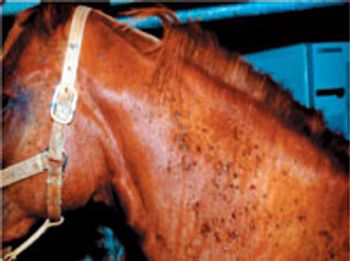
How to spot when something goes wrong with this essential barrier to the outside world.
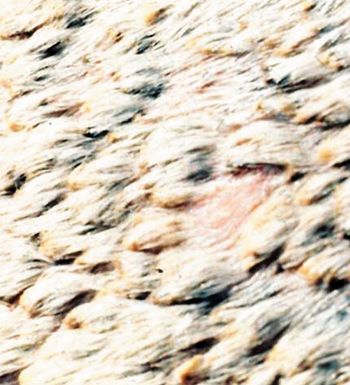
How to spot when something goes wrong with this essential barrier to the outside world.
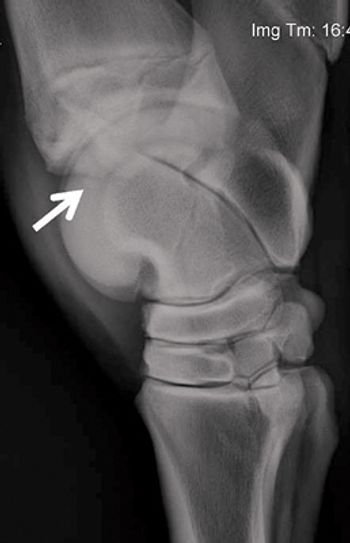
A combination of growth, nutrition and inheritance likely come into play.

Vets find stabling and eating hay are two of many factors that can contribute to this life-threatening disease.

Performance enhancers tarnish the sport, say congressional panel of veterinarians, jockeys and trainers.
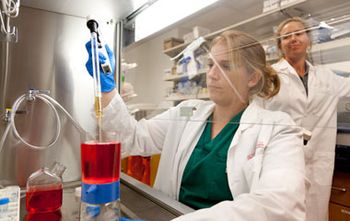
University of Georgia veterinary doctoral student receives AAEP grant for work on regenerative medicine.
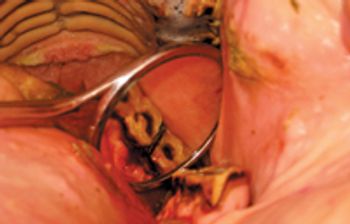
Advice on performing a thorough oral examination in horses

A series of profiles of this year's AAEP Markel scholarship recipients.
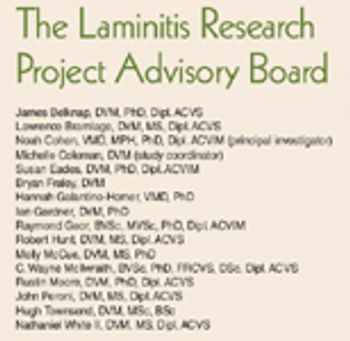
U.S. and Canadian equine practitioners are asked to submit data for AAEP laminitis study.
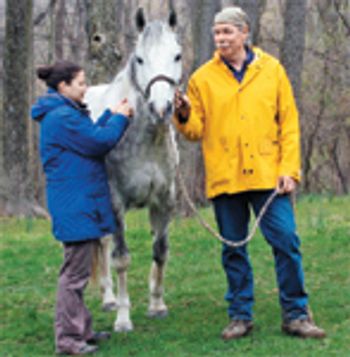
Two New Jersey practitioners earn 2011 Good Works for Horses Award.
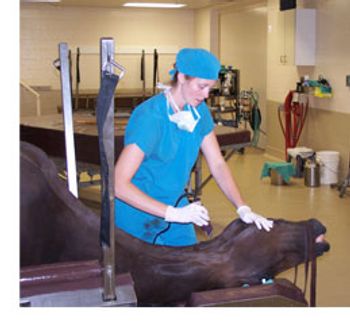
Equine surgical veterinary technicians, like Boy Scouts, learn to be prepared.
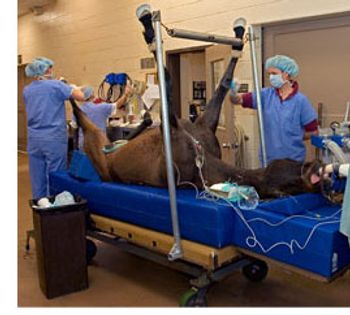
See surgical technicians preparing an equine patient, and find out how the skills that make small animal veterinary technicians great work just as well in equine practice.
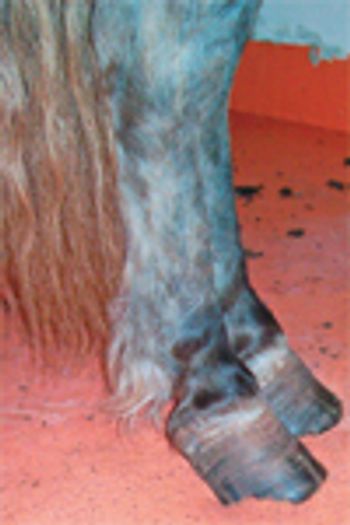
PhD student earns one of two inaugural EQUUS Foundation Research Fellows with this line of research.
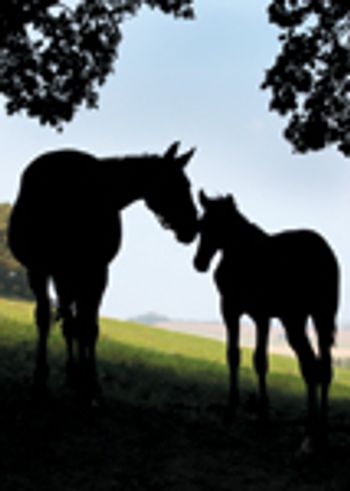
Management options include reestablishing bonds with the foals or using surrogate mares.

Veterinary teams are the first line of defense when pet owners want answers about food allergies.

Top tips for technicians looking to excel and for equine practitioners looking for star staff.

New research into this training tool brings insight-and controversy.
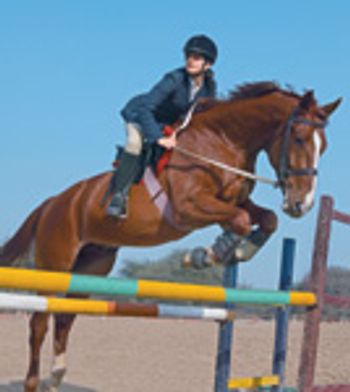
White paper's authors question equine veterinarians' current mediciation and treatment practices.